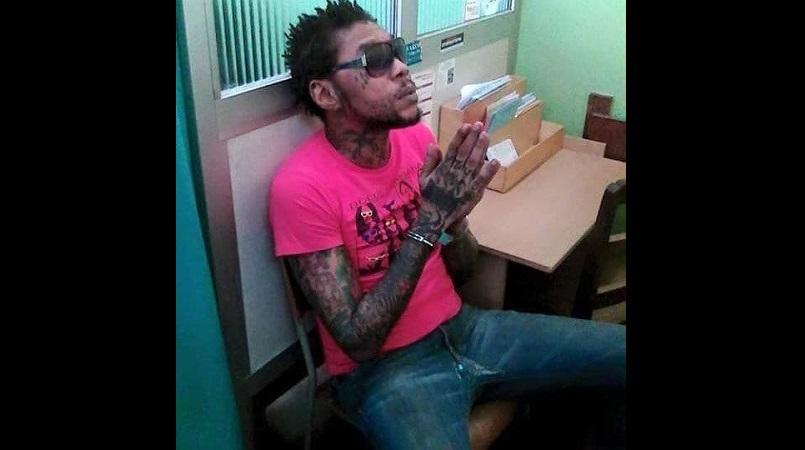A Court of Appeal judge has explained why Kartel and his three co-accused were given leave to appeal their murder conviction and life sentence.
Acting Justice of Appeal Frank Williams wrote that a number of questions arose out of the various stages of the Home Circuit Court trial that concluded in 2014.
“To deal with the sentence first, questions arise from the relatively brief sentencing remarks… of the transcript. For example, no express mention is made in these remarks of the principles of sentencing, and it is only circumstances that might be regarded as aggravating factors that are expressly mentioned,” Williams noted in a document outlining his reasons, a copy of which was obtained by Loop News.
“Additionally, there is no indication — as is now required — that the time spent by the convicted men on remand was taken into account by the learned trial judge [Justice Lennox Campbell] in arriving at the sentences of imprisonment that were ultimately imposed,” Williams explained.
Among the other questions Williams said emanated from the matter, are whether in the summation the defence counsel’s “concern as to the proper referencing and contextualization of the technical evidence was sufficiently addressed; whether the evidence was always accurately recounted; whether it would have been clear to the jury at all time that all comments made were comments”.
“For these and other reasons I would grant leave to appeal to all the applicants with legal aid, if needed,” Williams wrote.
Williams’ decision means that Kartel, whose given name is Adidja Palmer; Shawn Campbell; Kahira Jones; and Andre St John are now free to be heard in the Court of Appeal in their bid to overturn their conviction and sentence. The appeal is expected to be heard before the end of the year.
The men were convicted in the Home Circuit Court, in March 2014, for murdering Clive ‘Lizard’ Williams.
They were sentenced the following month to life imprisonment, with the possibility of parole after serving a period of 25 and 35 years behind bars.










